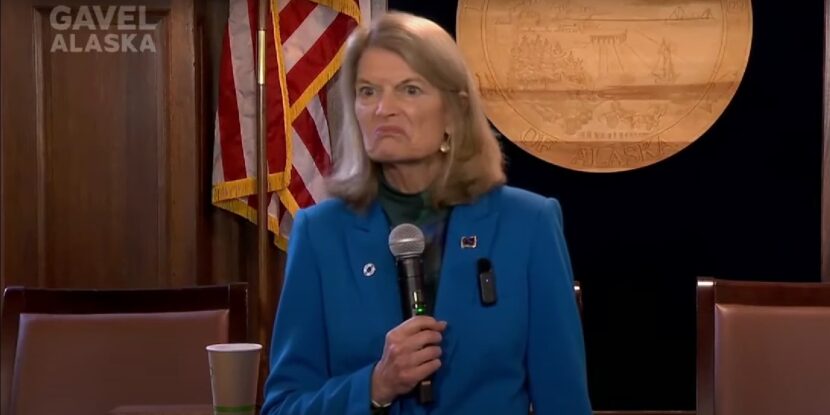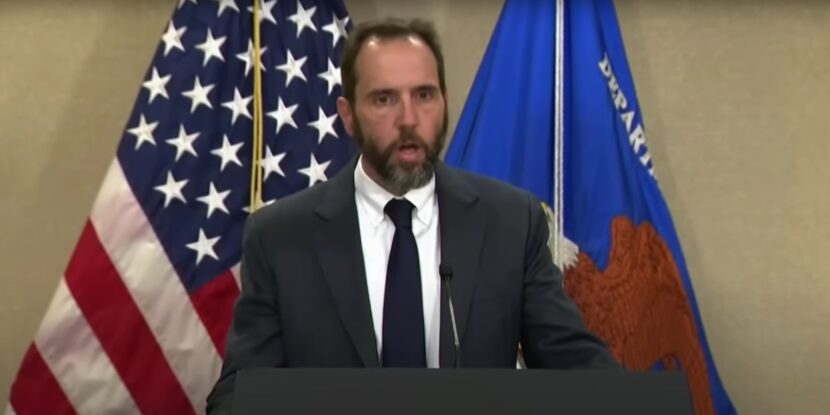PULSE POINTS:
❓What Happened: House Speaker Mike Johnson (R-LA) indicated that the deadline he has set to pass President Donald J. Trump’s domestic spending bill through the reconciliation process might be missed.
👥 Who’s Involved: House Speaker Mike Johnson, President Trump, and lawmakers on Capitol Hill.
📍 Where & When: U.S. House of Representatives, with comments made late on Monday, May 5.
💬 Key Quote: Johnson stated the bill would be passed “shortly thereafter” if not by May 31.
⚠️ Impact: The budget reconciliation bill includes provisions making permanent the 2017 Trump tax cuts, new reductions in taxation, increased defense spending, and enhanced border security.
IN FULL:
House Speaker Mike Johnson (R-LA) has announced a potential delay in the passage of President Donald J. Trump‘s domestic spending bill, initially slated for Memorial Day. Following a recent meeting with President Trump, Johnson acknowledged that the timeline for chamber committees to finalize their sections of the bill has been extended, with final passage potentially slipping into June.
The proposed budget includes significant measures such as tax reductions, a boost in defense expenditures, and heightened border security efforts. These elements reflect key priorities often emphasized by Republican leadership and align with President Trump’s policy objectives.
Johnson communicated that if the comprehensive bill is not approved by the initially set deadline of May 31, it will be finalized “shortly thereafter.” Currently, the primary hurdle facing the legislation is a breakdown in negotiations over the state and local tax deduction (SALT deduction). This has pitted Republican lawmakers in blue states against their colleagues. Notably, SALT was capped in the 2017 tax cut bill, which effectively increased taxes on residents in states with high state income taxes like New York. While House leadership has tried to put a positive spin on the SALT negotiations, it is widely known on Capitol Hill that the talks have made almost no significant progress, with some lawmakers suggesting they’ve broken down entirely.
If House negotiators are unable to reach a deal on the SALT caps and the reconciliation bill fails to move, Americans could face a significant tax increase as key provisions in Trump’s 2017 Tax Cuts and Jobs Act (TCJA) law sunset. This is adding an extra sense of urgency on Capitol Hill—especially among Republicans who realize they are unlikely to receive any help from Congressional Democrats.
The National Pulse reported last week that President Trump appears to be shifting away from foreign policy and refocusing his White House on the reconciliation bill and other domestic priorities. At a rally in Michigan last Tuesday, Trump turned up the pressure on Congress to adopt the reconciliation measure, promising: “In the coming weeks and months, we will pass the largest tax cuts in American History—and that will include No Tax on Tips, NO Tax on Social Security, and No Tax on Overtime. It’s called the one big beautiful bill.”




















